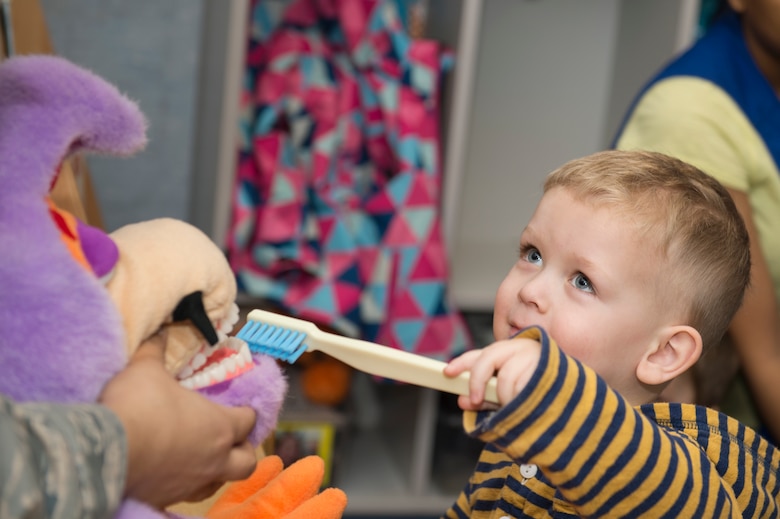5 Tips For Raising Mindful Children

Raising mindful children can be a challenge in our fast-paced lives, but the end results are well worth the effort. How to raise a child that is mindful?
When mindfulness first went mainstream, there was a lot of misinformation and assumptions. People thought it had to do with religion, spirituality, meditation—or was just some mental wellness fad. We now know that mindfulness is none of this and is actually something we should all be practising even on a minor level.
Mindfulness at its most basic is being aware of our surroundings, feelings, thoughts and emotions within the present moment. For adults, a mindful activity could be something as simple as practising simple breathing or meditation exercises or intentionally savouring the taste of something you’re eating.
Instilling mindfulness in children is something all parents should consider to help their children become more compassionate, learn how to be happy with and within themselves and encourage emotional connections to their family and friends. Today’s children are under a tremendous amount of pressure to perform and conform, so it’s up to parents to introduce good mindful habits.
How To Raise A Child That Is Mindful? 5 Ways to Instill Mindfulness
Encourage communication and talking about feelings
Scenario: Your child’s room is messy and chaotic – clothes on the floor, unmade bed, books all over the desk. Your immediate reaction is to lose your temper and tell them to tidy up! The reaction to this will likely be insolence or disobedience.
Solution: Try asking why the room is messy and explain calmly that a tidy room looks nice and can be less stressful. It’s all about communication – have a chat and take the anger and stress out of the equation.
Let them know you’re listening
Scenario: You ask what your child did at school that day. The answer is either monosyllabic or a long-winded detailed explanation of every moment.
If it’s the latter, be conscious about showing your child you’re actually listening instead of losing interest in their story or moving on to another task. A child picks up on this and will also lose interest in talking to you and can even pick up this bad habit!
Solution: Just listen! Let your child speak and have a conversation with him or her instead of expecting them to say what you want to hear.
A healthy body supports a healthy mind
Scenario: It’s easy to fall into a routine of feeding them food that they like—and will actually eat!—with high amounts of sugar, additives and salt. If both parents work and time is an issue, eating out or take away is just easier. But eating healthily is something the whole family should be doing.
Solution: Have meals together. Nourish your body and the mind will benefit too. Try meal prepping in advance and minimise junk food, eating out too often and not eating at the correct times.
Disconnect from tech

Scenario: It’s so common to see children from a young age o focused on a device and not noticing anything around them. Hours of screen time has become the norm with children instead of being outdoors, playing with friends, spending time with family or just observing the world.
Constant battles between parents and children regarding technology cause endless stress and arguments for both parties.
Solution: Organise play dates, outdoor activities and time spent doing fun, educational activities like art or baking. Devices cause distraction, so limit screen time and encourage them to disconnect from technology.
Preach compassion and gratitude
Scenario: Materialism is a real problem for children today. Instant gratification is expected and the fundamental principles of being thankful, gracious and showing empathy are being eroded. Children want everything immediately and seem jaded from a young age.
Solution: Teach and encourage your kids to be grateful for even the smallest thing. Make them realise how lucky they are and have family moments where you can discuss what everyone is grateful for. And don’t forget about self-compassion! This can be something simple like having meaningful conversations with your child to telling them why and how much you love them, and how special they are to you.
This article has been republished with permission from PurelyB
